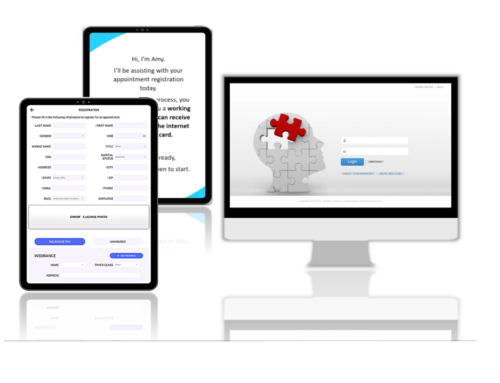Previously, we wrote about some common medical billing terms needed for your practice. Next, we have put together a few more medical billing terms that may help you in medical billing.
Revenue Cycle Management (RCM)
Revenue Cycle Management is the process of regulating your practice’s revenue cycle. From the moment a patient visits, the cycle starts. Some steps include:
- Patient pre-registration
- Procedures recorded in physicians’ notes
- Procedures coded
- Medical bill submitted
- Adjudication Period
- Claim denial
- Appeal
- Payment and reporting
It is a continuous cycle done with the end goal of receiving payment for procedures performed. For more information, read out last blog post here.
Appeal
This is one part of the revenue cycle. When you submit a claim, insurance payors make a payment decision. If there is a denial, you may be able to make an appeal. This is a additional try at convincing the insurance payor to pay for the patient visit. Depending on the insurance payor, you may need to complete a review form and submit the appeal within a certain number of days.
CMS 1500
CMS-1500 is a form used to bill Medicare and durable medical equipment carriers. It is used by non-institutional providers or suppliers.
CMS stands for Centers for Medicare & Medicaid Services, an official organization and part of the government’s Department of Health and Human Services (HHS). The CMS is responsible for Medicare and Medicaid related topics.
There are special requirements for the CMS-1500 form. Some examples include:
- Printed in Flint OCR Red, J6983 ink
- Do not submit copies of the form
More information can be found here.
Allowed Amount
This is the maximum amount that a patient’s insurance plan covers. It is the negotiated rate between provider and patient. For instance, if the billed amount is $200 and allowed amount of $90, then the insurance payor will pay the $90. The patient is responsible for the remaining amount.
CMS-1450 (UB-04) form
The CMS-1450, or UB-04 form is a standard form for Medicare and Medicaid billing and some private insurance companies. The difference between this and the CMS-1500 form is that CMS-1450 are for institutional providers (eg. hospitals, critical care facilities, etc.).
The CMS website is a helpful resource to learn more about billing for Medicare and Medicaid. You can also find out more about the CMS-1450 form here.
Americare Network
Americare Network experts have the knowledge and experience to bill for different institutions. As well, our team has in-depth knowledge of which forms to use and in which situations. Contact us today to hear about how we can help your practice with medical billing and other needs.




